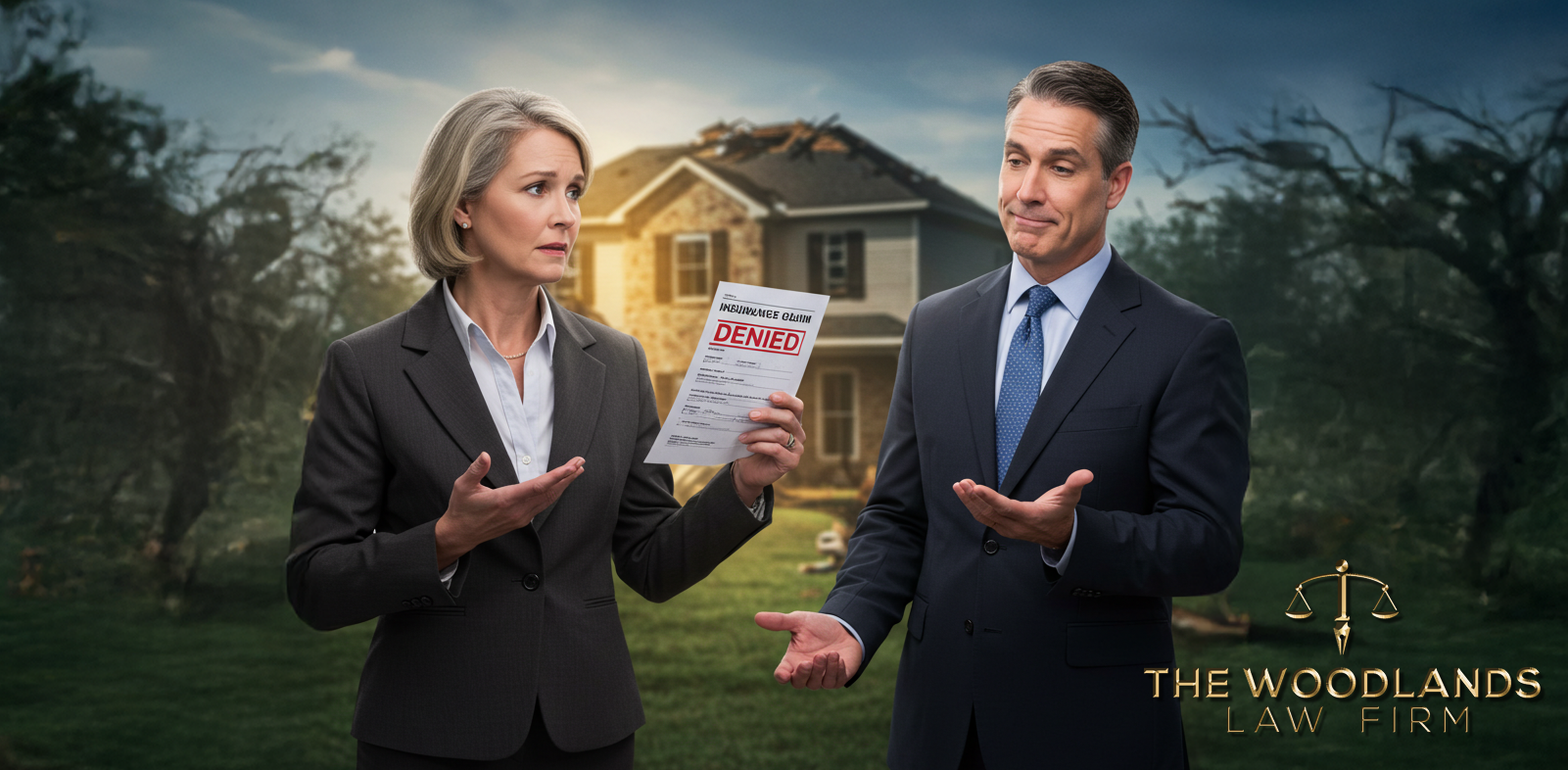When you’ve been injured in an accident, dealing with insurance companies is inevitable. Whether you’re filing a claim with your own insurance provider or the other party’s, it’s important to understand that insurance companies are businesses. Their primary goal is to protect their profits, often at the expense of paying out full settlements to injured parties. This blog will highlight the common tactics insurance companies use to minimize or deny claims and explain how hiring a lawyer can help you secure a fair settlement.
Common Insurance Company Tactics
Insurance adjusters are trained professionals whose job is to save the company money, and they employ a variety of tactics to achieve this goal. Here are some of the most common strategies they use:
1. Quick Settlement Offers
One of the first tactics insurers use is offering a quick settlement. After an accident, you might be overwhelmed with medical bills, repair costs, and lost income. To take advantage of this vulnerable time, insurance companies may present a settlement offer that seems fair at first glance but is usually much lower than what your case is actually worth. These offers often come before the full extent of your injuries and future medical costs are known, which can leave you undercompensated in the long run.
2. Delaying the Claims Process
Another common tactic is delaying the claims process. Insurance companies know that time is often not on the victim’s side. You may be dealing with financial pressures from medical bills and lost wages, and the insurer may use stalling techniques to make you desperate enough to settle for a lower amount. They might delay communication, ask for unnecessary documents, or stretch out the investigation process to wear you down.
3. Disputing Liability
Insurance companies may attempt to place partial or full blame for the accident on you to reduce or deny your claim. Texas follows a “comparative negligence” system, which means that your compensation can be reduced based on your percentage of fault. If you are found to be more than 50% at fault, you may not be entitled to any compensation. Insurers often try to inflate your level of fault to minimize their payout.
4. Requesting Recorded Statements
You may be asked to provide a recorded statement soon after the accident, but this is another tactic to be wary of. Adjusters are skilled at asking leading questions that may cause you to inadvertently admit fault or downplay the severity of your injuries. These statements can then be used against you to diminish your claim. It’s always best to avoid giving any recorded statements without first consulting with an attorney.
5. Denying Medical Treatment
Some insurance companies will argue that certain treatments are unnecessary or unrelated to the accident. They may question your choice of doctor or claim that your injuries were pre-existing. These tactics are used to deny parts of your medical claim or to reduce the compensation for future treatments you may need.
6. Surveillance and Social Media Monitoring
Insurance companies sometimes use surveillance or social media monitoring to catch claimants engaging in activities that may contradict their injury claims. Even innocent posts or photos of you enjoying a social event could be misconstrued as evidence that your injuries are not as severe as you claim. Insurers may also hire private investigators to observe your daily activities.
7. Lowballing Pain and Suffering Compensation
While insurance companies are required to cover economic damages like medical bills and lost wages, they often minimize non-economic damages such as pain and suffering, emotional distress, and loss of enjoyment of life. These damages can be difficult to quantify, but they are a critical part of your compensation. Insurers often try to undervalue these aspects to save money.
How a Lawyer Can Help
Hiring a personal injury attorney can significantly improve your chances of receiving a fair settlement. Here’s how a lawyer can help counter these insurance company tactics:
1. Accurately Valuing Your Claim
A lawyer can assess the full extent of your damages, including both economic and non-economic losses. They will calculate current and future medical expenses, lost income, property damage, and intangible losses like pain and suffering. Without legal representation, you may accept a settlement offer that falls far short of what you’re entitled to.
2. Handling Communication
When you have an attorney, all communication with the insurance company goes through them. This eliminates the risk of saying something that could harm your claim. Your lawyer will handle negotiations with the insurance adjuster, ensuring that any settlement discussions are fair and that your rights are protected.
3. Negotiating a Fair Settlement
Insurance companies are more likely to offer a reasonable settlement when they know you have legal representation. A skilled attorney knows the tactics insurers use and can push back against lowball offers. If necessary, your lawyer will be prepared to take the case to court to secure the compensation you deserve.
4. Gathering Evidence
To counter disputed liability or claims that your injuries are unrelated, a lawyer will gather critical evidence. This may include accident reports, witness statements, medical records, expert opinions, and even accident reconstruction specialists. An attorney’s ability to build a strong case can make it difficult for the insurer to deny or minimize your claim.
5. Protecting Against Fault Claims
In Texas, your compensation can be reduced if you’re found partially at fault. A lawyer will help minimize your percentage of fault by gathering evidence and presenting a compelling case that the other party was primarily responsible for the accident. They’ll also make sure that any comparative negligence claims are accurately assessed and don’t unfairly reduce your compensation.
6. Challenging Delayed or Denied Claims
If the insurance company is delaying your claim or has denied it outright, a lawyer can take legal action. They will hold the insurance company accountable for any bad-faith practices and file a lawsuit if necessary to get the compensation you deserve.
7. Managing Deadlines
Texas law gives you two years from the date of your injury to file a personal injury claim. Missing this statute of limitations means losing your right to compensation. A personal injury attorney will ensure that all necessary paperwork is filed on time and that your case progresses within the legal deadlines.
Conclusion
Dealing with insurance companies after an accident can be frustrating and overwhelming, especially when you’re trying to recover from your injuries. Insurance adjusters are skilled at using tactics designed to minimize their payouts, but a personal injury lawyer can protect your interests and ensure you receive the compensation you deserve.
If you’ve been injured in Texas and are facing challenges with an insurance claim, The Woodlands Law Firm is here to help. Schedule a free 15-minute consultation today by calling 832-626-0116, emailing admin@woodlands.law, or visiting our website to book your appointment: Woodlands.law


